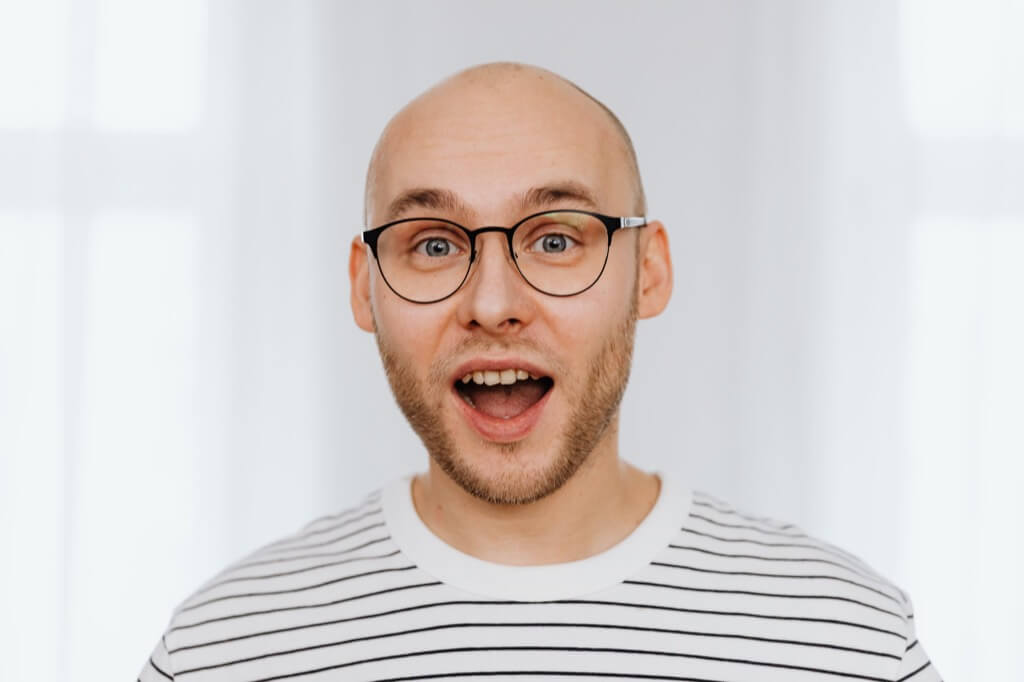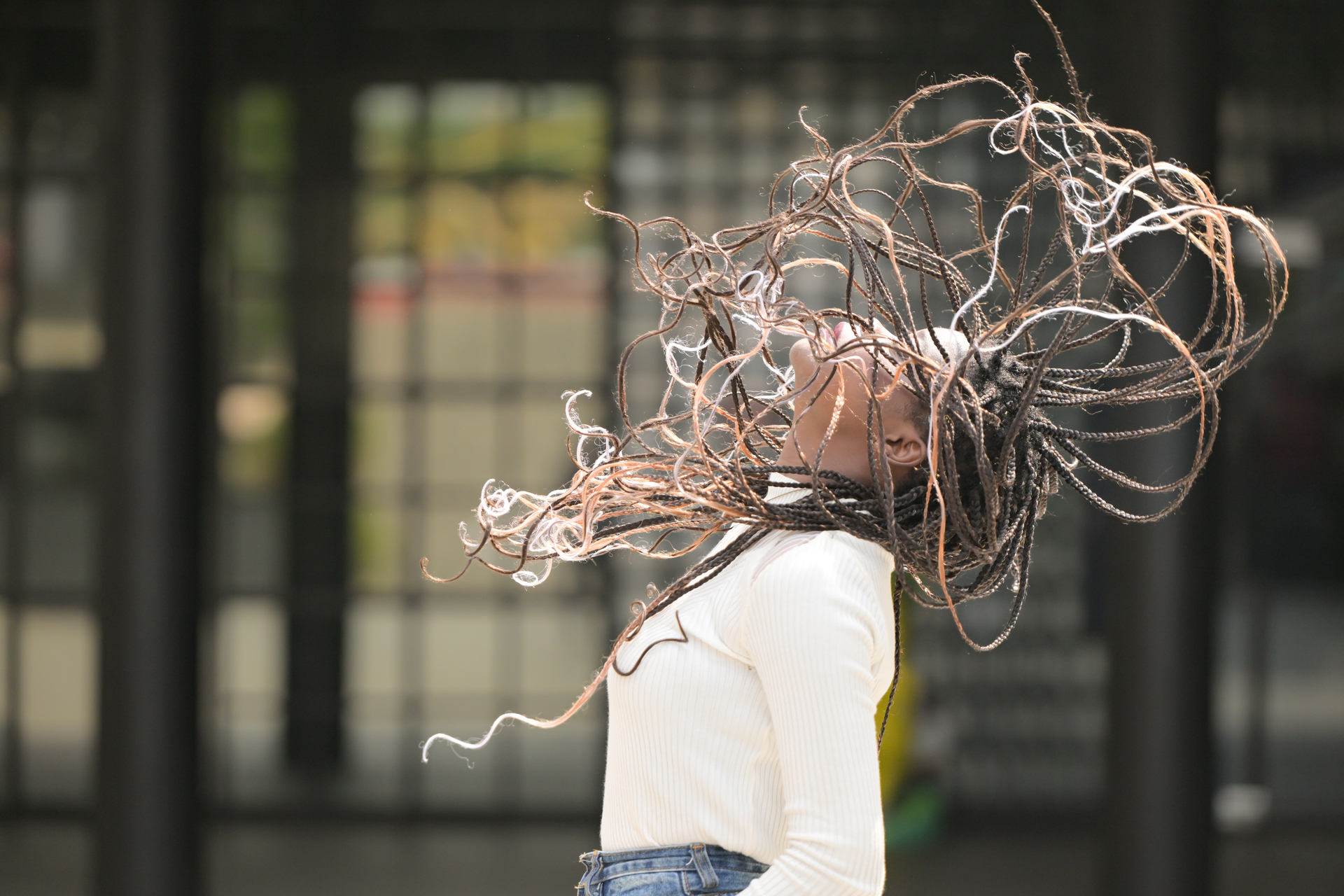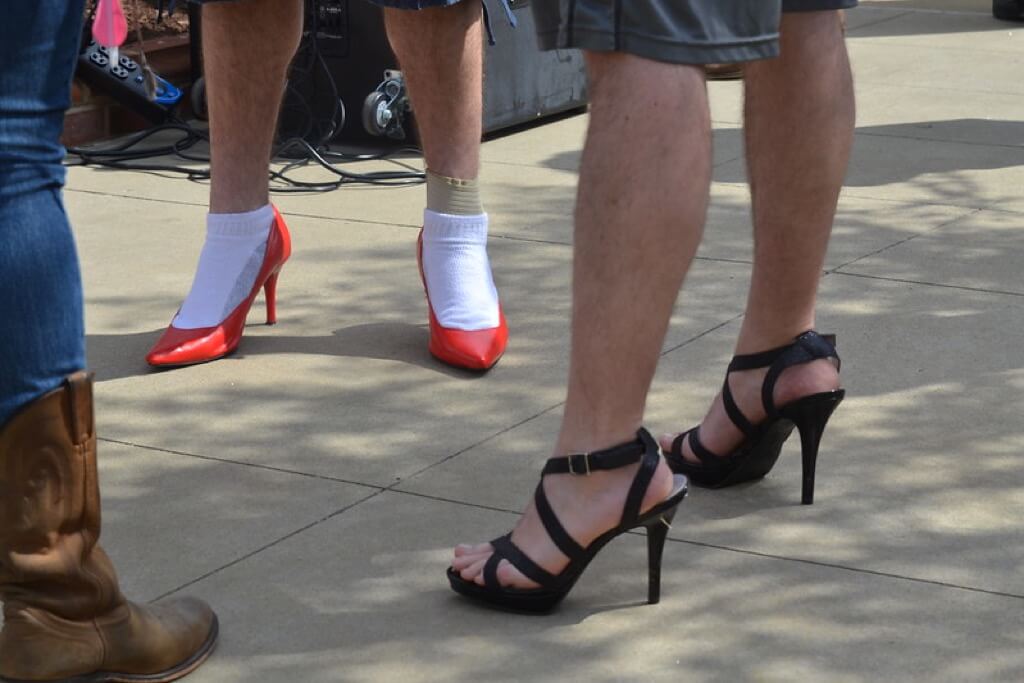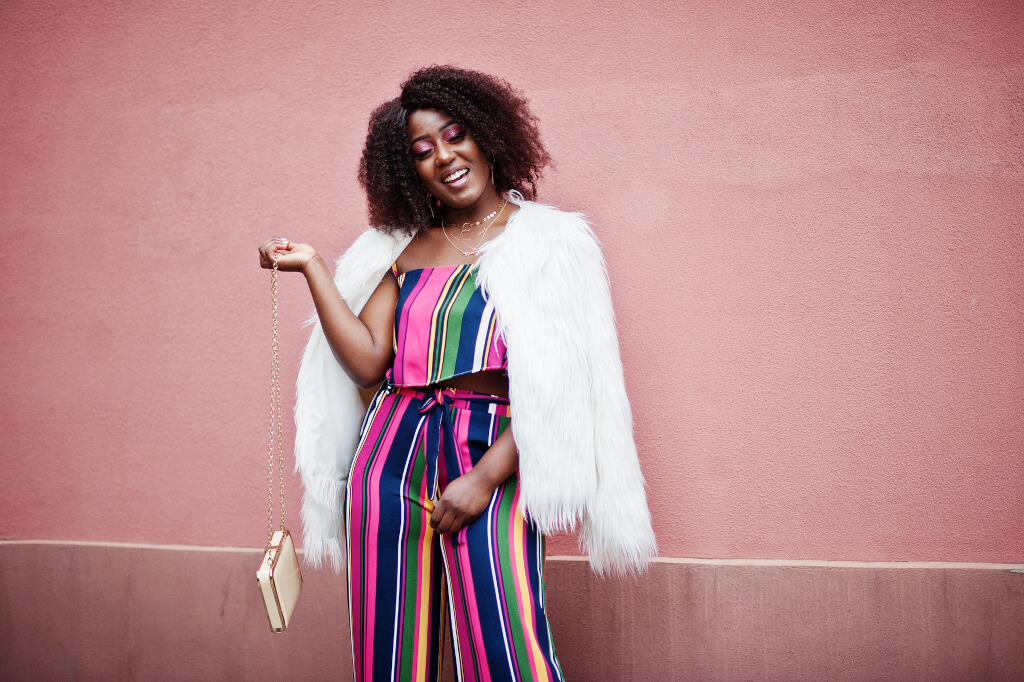You may have chanced upon a photo of your grandfather, his head shining brilliantly under the African sun. Does this make you wonder, “Will I be next?” Here’s a little scoop: By 30, there’s a 30% likelihood you’ll experience hair thinning. This increases by 10% with each decade. So, if your 50-year-old uncle is thinning, there’s a 50% chance you might too, especially if it’s a family trait. But before you despair, the scientific realm is buzzing with potential remedies.
Hair Loss and Its Various Faces
Alopecia, a term you might have stumbled upon in medical literature, simply means hair loss. It’s an umbrella term that covers various causes, from medical treatments like chemotherapy to emotional trauma. The most commonly discussed type, Androgenetic alopecia (AGA), affects both genders. It’s estimated that around 90% of men will experience this patterned hair loss.
The Lifecycle of Your Hair
Our hair, like the vibrant flora of the African savannah, has a life cycle. Predominantly, 85% of hair is in the growth phase, known as the anagen phase. A smaller percentage, about 10-15%, is in the telogen phase where growth halts, and strands may fall. There’s also a brief transitional phase called catagen. The beauty of this process? After one cycle ends, another begins, ensuring a continuous supply.
The Genetics of Balding
With AGA, hair follicles diminish in size over time, leading to finer and shorter strands until they eventually vanish. Intriguingly, the path to this isn’t straightforward. Historically, a hormone called Dihydrotestosterone (DHT) was the accused culprit. Produced from testosterone, DHT, when in excess, shrinks hair follicles leading to baldness. But in 2012, a fresh perspective emerged.
A 2012 Breakthrough: PGD2’s Role in Balding
Researchers from the University of Pennsylvania struck gold when they identified an unusual suspect: Prostaglandin D2 (PGD2). Found in elevated levels in bald scalps, this compound seemed to inhibit the growth of hair follicles. It wasn’t that bald individuals lacked the necessary stem cells; instead, the cells responsible for hair formation were limited due to PGD2. The realization? If PGD2’s activity could be curtailed, perhaps hair growth could be rejuvenated. The silver lining? Some drugs already in trials for other conditions might just do the trick.
DHT and PGD2: A Dynamic Duo?
While the relationship between DHT and PGD2 remains elusive, early indications suggest DHT might influence PGD2 production or release. This presents an intricate relationship between the two compounds in hair loss.
Contemporary Solutions: What We Have Now
For now, while awaiting the PGD2-inhibiting wonder drug, we have existing treatments. Minoxidil, a topical solution, offers hope by rejuvenating hair follicles, although results vary, and commitment is lifelong. Another ally is the drug finasteride, which prevents DHT formation, preserving follicles. While promising for men, it’s usually not advised for women due to potential side effects. For those seeking instant results, hair transplants are a viable, albeit pricier, option.
Environmental Factors and Hair Loss
While genetics play a significant role in balding, environmental factors may also influence the health of one’s hair. Prolonged exposure to pollutants, toxins, and harmful UV rays in some African regions may contribute to hair thinning and breakage. The hair’s natural protective barrier can weaken, making it susceptible to external stressors. While we’re yet to find concrete evidence linking pollution to balding directly, early indications suggest environmental factors can’t be ignored in the balding conversation.
Dietary Influences on Hair Health
The African continent boasts a rich tapestry of diets and cuisines. However, in some regions, dietary imbalances or deficiencies might contribute to hair woes. Essential nutrients like iron, zinc, biotin, and proteins play pivotal roles in maintaining hair health. A deficiency in these crucial elements, possibly due to diet or other underlying health conditions, might accelerate hair thinning or loss. More research in this realm could offer insights into combating hair loss nutritionally.
The Psychological Impact of Balding
Balding isn’t merely a physical phenomenon; it has profound psychological effects. Many individuals, irrespective of their African heritage, experience a drop in self-esteem, confidence, or even bouts of depression due to hair loss. The societal emphasis on full, lush hair as a symbol of beauty or virility can amplify these feelings. This topic warrants a more profound exploration to provide emotional and mental support to those grappling with hair loss.
Potential Protective Hairstyles and Their Impact
In many African cultures, protective hairstyles like braids locs, and twists are popular. While they’re often celebrated for retaining hair length and reducing breakage, could they also contribute to hair thinning if done too tightly or frequently? Traction alopecia is a form of hair loss caused by consistent pulling force applied to hair, commonly due to certain hairstyles. Diving deeper into the pros and cons of these cultural staples can provide clarity and guidance for hair health.
The Economics of Hair Loss Treatments in Africa
With the global haircare market booming, how does Africa fit into the picture, especially concerning hair loss treatments? Exploring the economic dynamics—like the affordability and accessibility of treatments, products, or transplants in different African regions—can shed light on broader socio-economic issues. Are modern treatments a privilege of the few? Or is there an equitable distribution and access to remedies across the continent?
Understanding Your Genetic Predisposition
While you can’t change your genes, understanding your family’s hair history can give you a head start. If baldness runs in your family, you might be more prone to experiencing it. Awareness allows you to be proactive in seeking preventive measures early.
Protecting Hair from Environmental Damage
The environment plays a role in your hair’s health. To combat potential damage:
- Shield your hair from prolonged sun exposure. Wear a hat or use hair products with UV protection.
- Limit swimming in chlorinated water, and always rinse your hair immediately after.
- Stay away from polluted areas, or wash your hair frequently if you’re exposed to pollutants.
Balancing Your Diet for Hair Health
et significantly influences hair quality. Ensure you:
- Include iron-rich foods like spinach and red meat in your diet.
- Consume adequate protein from sources like fish, chicken, and beans.
- Incorporate biotin-rich foods, like eggs and nuts.
- Stay hydrated. Drink plenty of water to maintain hair hydration.
Choosing the Right Hairstyles
Your chosen hairstyle can either protect or damage your hair.
- Avoid hairstyles that pull on your hair roots, like tight ponytails or braids.
- If you opt for braids or locs, ensure they’re not too tight and give your hair periodic breaks.
- Avoid frequent heat styling. If you must, always use a heat protectant.
Embracing Hair Health Routines
Regular hair care routines can help strengthen your hair and possibly prevent early hair loss.
- Opt for mild, sulfate-free shampoos.
- Use a conditioner every time you shampoo.
- Avoid brushing wet hair; it’s more prone to breakage.
- Limit chemical treatments like coloring or perming.
Considering Hair Loss Treatments
If you notice signs of thinning or balding:
- Consult a dermatologist or trichologist early. They can provide insights into treatments or routines beneficial for you.
- Explore over-the-counter solutions like Minoxidil, but always under guidance.
- Stay informed about new treatments and breakthroughs, like the PGD2 inhibitors.
FAQs on Preventing Baldness
- What’s the most common cause of baldness? Androgenetic alopecia (AGA) is the most prevalent form, affecting both genders.
- Can stress cause hair loss? Yes, emotional stress can trigger hair loss. It’s crucial to manage stress through relaxation techniques or seek professional help.
- How often should I wash my hair? It varies based on your hair type and environment, but most experts suggest 2-3 times a week. Over-washing can strip natural oils, while under-washing can lead to build-up.
- Are hair supplements effective? While some people benefit from supplements like biotin or collagen, always consult with a healthcare professional before starting any supplement regimen.




